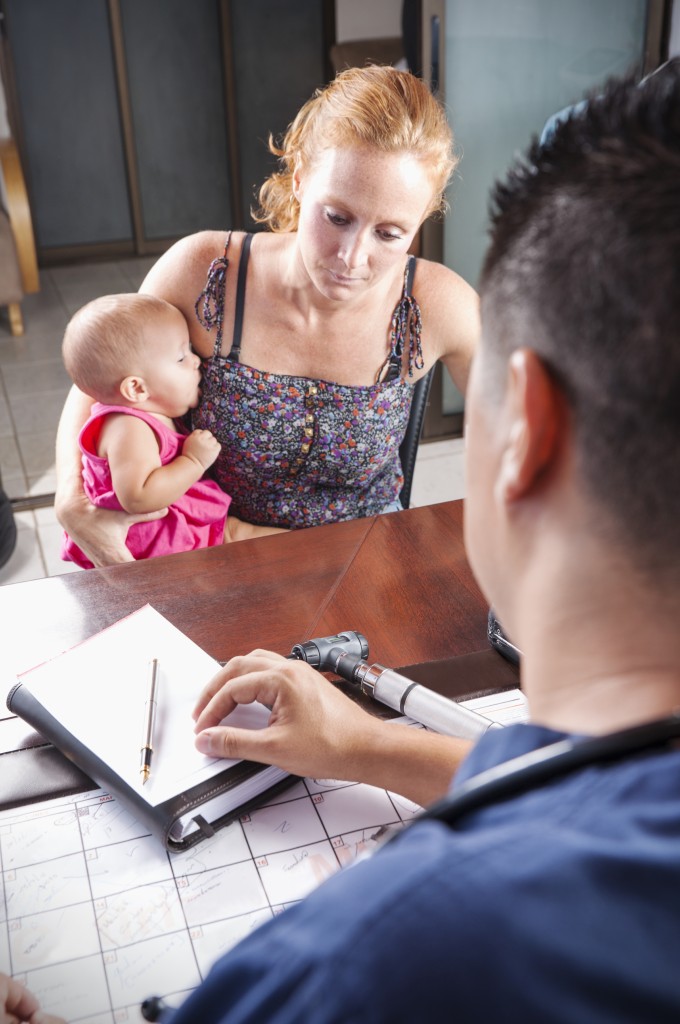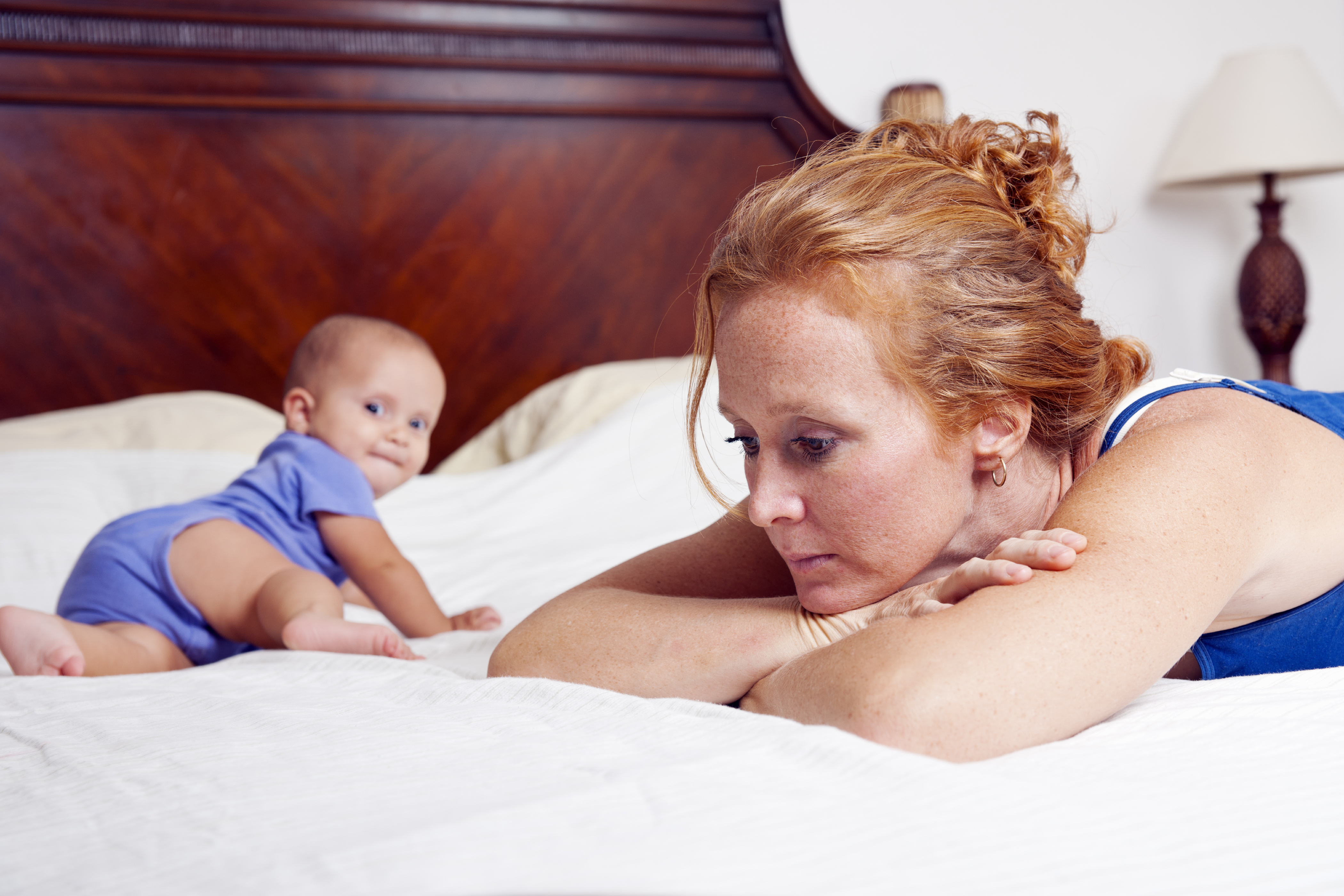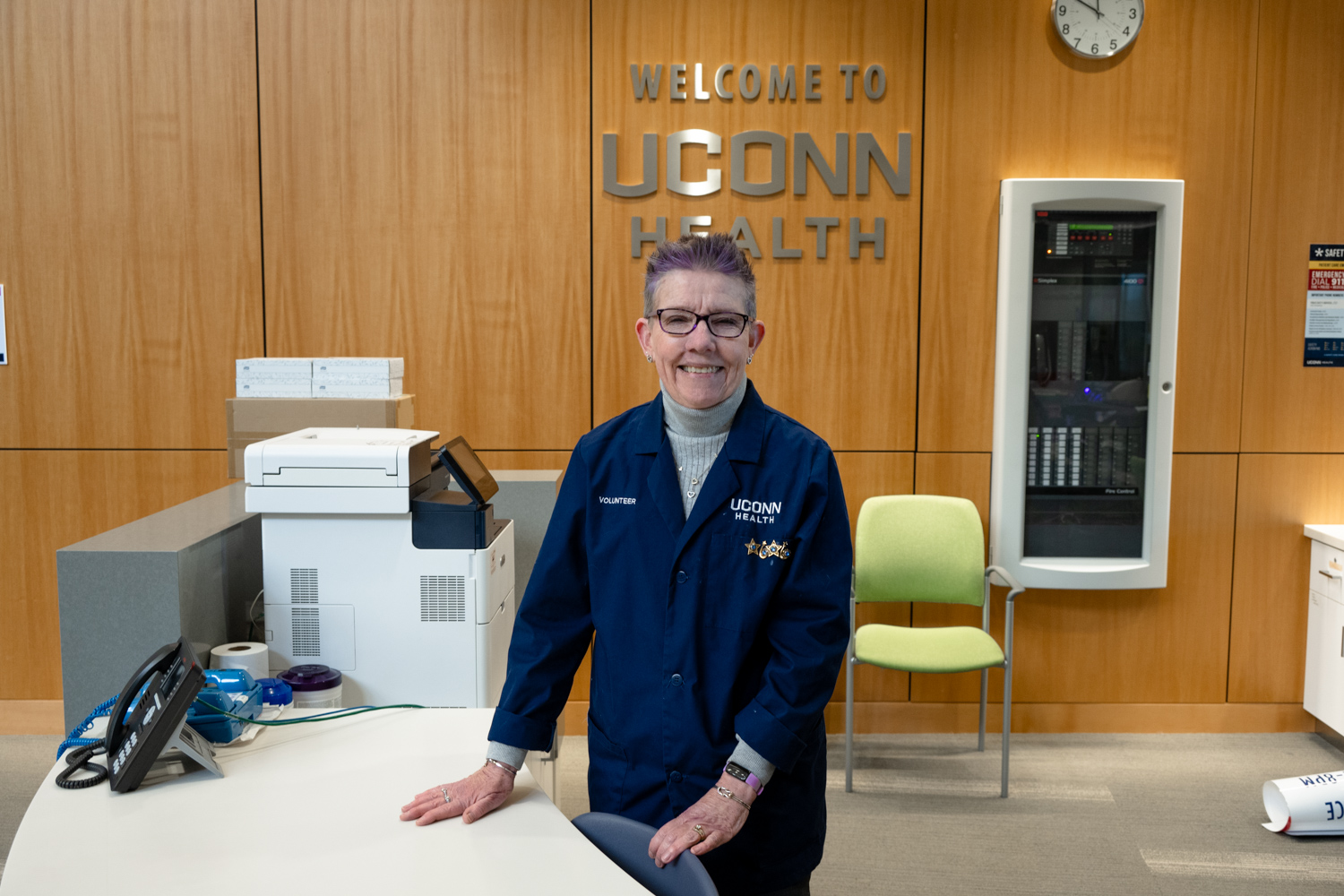For the first time, an influential national health panel has recommended screening for maternal mental illness during and after pregnancy. The United States Preventive Services Task Force recommendation, one of several recommendations for depression screening in adults, follows on new evidence showing that postpartum depression often starts during pregnancy and is more common than previously thought; an estimated one in seven mothers experience these symptoms. Board of Trustees Distinguished Professor of Nursing Cheryl Beck, an international expert on postpartum depression, discusses the panel’s recommendations and maternal depression.
Q. Can you provide a quick overview of what is known about postpartum depression now?
A. We know that postpartum depression is a dangerous thief that robs mothers of the precious time with their infants they had been dreaming of throughout pregnancy. It can leave lasting scars not only on the mother, but also on her infant, older children, and significant others. In a U.S. national survey of postpartum depressive symptoms, 63 percent of 1,573 women who had given birth in the year prior to the survey reported elevated postpartum depressive symptoms. I call postpartum depression an ‘equal opportunity mental illness’ that can strike any new mother, because no woman is immune; it doesn’t matter your socioeconomic status, your educational level, or your ethnic background, all women are susceptible to this devastating illness.
Q. The panel indicates that new evidence exists for identifying and treating women with depression both during and after pregnancy? Can you describe some of those screening methods?
A. The report mentioned the Edinburgh Postnatal Depression Scale (EPDS) as an effective screening scale for postpartum depression. I developed another screening instrument along with Robert Gable, an emeritus professor from the Neag School of Education. With the support of multiple grants from the Donaghue Medical Research Foundation in West Hartford, Conn., we developed the Postpartum Depression Screening Scale (PDSS) in the context of new motherhood. In a study comparing the psychometrics of the PDSS against the EPDS, Professor Gable and I found that the PDSS achieved a higher level of sensitivity, indicating a higher percentage of correct screenings for major postpartum depression.
We know that there is a constellation of symptoms that women can experience with postpartum depression, but not every woman experiences the same grouping of symptoms. A screening scale needs to cast a wide enough net of all the possible symptoms, and not let a mother fall through the cracks and not screen positive for postpartum depression if indeed she is suffering with it. The PDSS measures for seven common symptoms woman may experience with postpartum depression: sleeping/eating disturbances, mental confusion, guilt/shame, loss of self, anxiety/insecurity, emotional lability [or instability], and suicidal thoughts.

Q. Apparently many women during and after pregnancy are reluctant to ask doctors about mood swings or symptoms like depression, anxiety, and obsessive-compulsive disorder. Do you think these new recommendations will help patients feel more comfortable talking about depression with their doctors?
A. Yes. Universal screening will help to remove some of the stigma surrounding mental illness, since every woman will be screened. Stigma tends to increase in motherhood when a woman is depressed. Often times, what is said to the struggling mother is: “Look you have a healthy baby who doesn’t have any birth defects, you have a supportive partner, what is there to be depressed about?” The stigma of mental illness creates a powerful obstacle to women coming forth for care that needs to be addressed by clinicians.
Q. The panel gave its recommendation a “B” rating, which means depression screening must be covered under the Affordable Care Act, but does not specify how doctors should screen or how often.
A. Screening is just the first essential step in helping women struggling with any postpartum mood or anxiety disorder. Women first need to be identified before they can be referred for treatment. The timing of when screening is done is important. It is not recommended that screening should be done in the first week or two after birth, since mothers may be experiencing the maternity blues – which 80 percent of new mothers experience. If women screen positive in that early time frame after birth, that may be a false positive. It is not postpartum depression they are experiencing but the transitory phenomenon of the blues. The majority of women will develop postpartum depression in the first three months after giving birth, but women can develop this mood disorder any time during the first 12 months after the birth. So if a mother screens negative, say at the six-week postpartum checkup, she should not be forgotten. She can still develop postpartum depression at a later time during the first year after giving birth, so she needs to be screened again at a later time.
Q. Are women who suffer from postpartum depression at risk for any other postpartum mood or anxiety disorders?
A. Yes, there is a high comorbidity of postpartum depression and post-traumatic stress disorder (PTSD) due to birth trauma. In the U.S. national survey mentioned earlier, higher levels of postpartum depressive symptoms were significantly correlated with higher levels of post-traumatic stress symptoms in new mothers. Screening for postpartum depression can help to also identify women who may be struggling with other postpartum mood or anxiety disorders.
Q. Are there any resources available on the Internet to help mothers find support?
A. Yes, there is Postpartum Support International (PSI), a network that concentrates on postpartum mental health and social support. Its purpose is to increase awareness among lay public and healthcare providers regarding postpartum mood and anxiety disorders. PSI has coordinators in every state that women can contact for help. They also have a PSI Postpartum Depression Helpline: 1-800-944-4PPD.
I want to leave you with this thought: The best way to protect our children is to ensure the mental health of their mothers.



